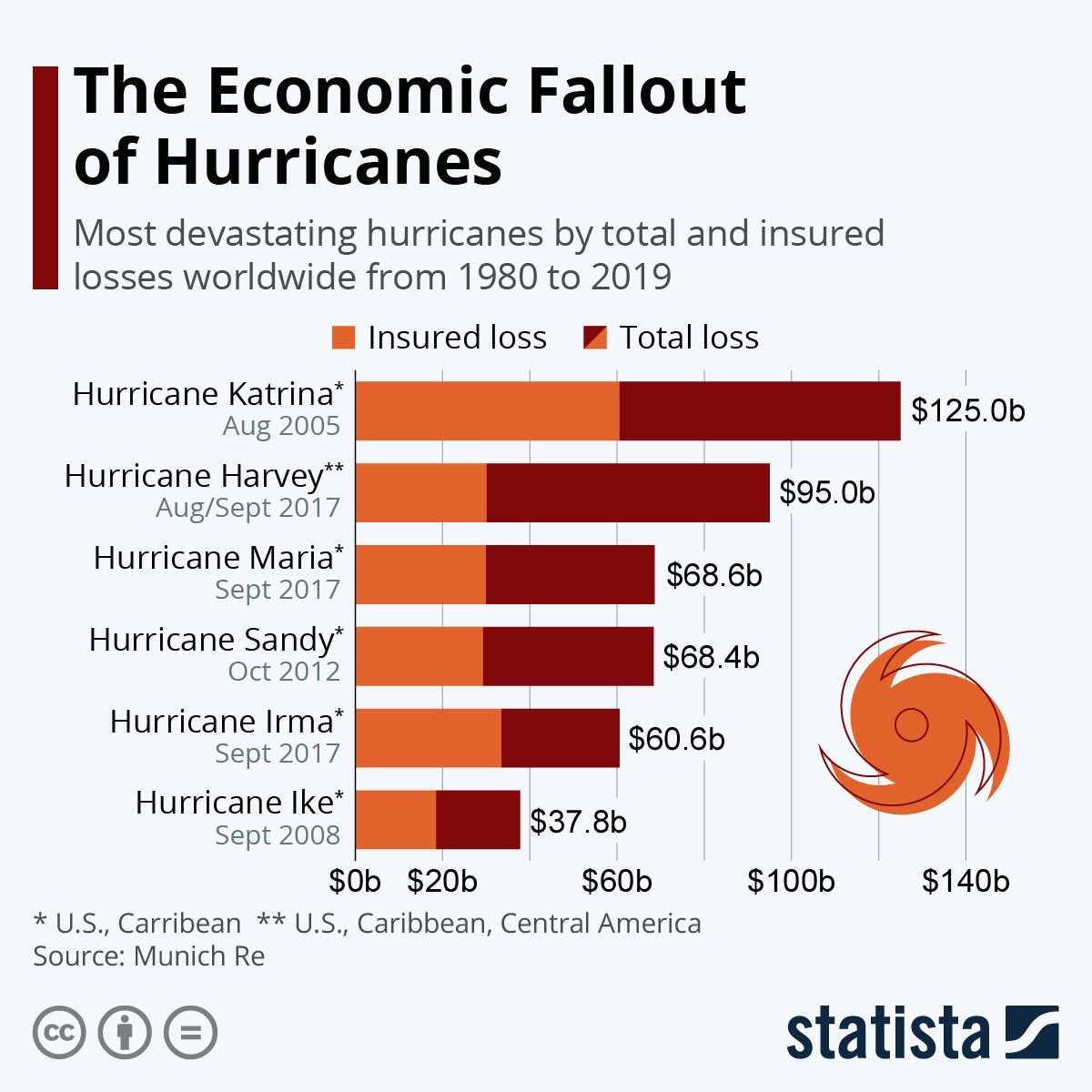The Economic Fallout: How Trump's Trade Actions Affected US Financial Power

Table of Contents
Donald Trump's presidency was marked by aggressive protectionist trade policies, initiating a series of tariff wars and withdrawing from or renegotiating key international trade agreements. This approach, while intended to boost domestic industries, had far-reaching and often detrimental effects on the US economy and its global standing.
The Tariff Wars: A Deep Dive into the Costs and Consequences
The Trump administration's imposition of tariffs, primarily targeting China and other major trading partners, triggered a series of retaliatory measures and significantly impacted the US economy.
Increased Prices for Consumers
Tariffs directly increased the cost of imported goods, leading to higher prices for consumers. This inflationary pressure affected numerous everyday products.
- Key Consumer Goods Affected: Washing machines, steel, aluminum, furniture, clothing, and many agricultural products experienced price increases.
- Inflationary Data: While the overall impact on inflation is debated, studies from organizations like the Peterson Institute for International Economics have linked tariffs to increased prices for specific goods, contributing to overall consumer price inflation.
Retaliatory Tariffs and Their Impact on US Exports
Other countries responded to US tariffs with their own retaliatory measures, harming US businesses and exporters. This tit-for-tat escalation created a trade war with significant negative consequences.
- Major Exporting Industries Harmed: US agriculture (soybeans, pork), manufacturing (automobiles, machinery), and other export-oriented sectors faced reduced demand and market access.
- Statistics on Export Decline: Data from the US Census Bureau showed a decline in exports in several key sectors during the period of escalated trade tensions.
The Impact on Supply Chains and Manufacturing
The trade wars significantly disrupted global supply chains, affecting US manufacturing and job creation. Uncertainty and delays hampered production and investment.
- Specific Supply Chain Disruptions: Companies faced difficulties sourcing raw materials and intermediate goods, leading to production bottlenecks and delays.
- Job Loss Statistics: While precise figures attributing job losses solely to tariffs are difficult to isolate, studies suggest that the trade wars contributed to slowing job growth in certain sectors.
Shifting Global Alliances and the Weakening of US Influence
Trump's trade policies not only impacted economic indicators but also severely damaged international relationships and weakened US global influence.
Damage to International Trade Agreements
The Trump administration's withdrawal from the Trans-Pacific Partnership (TPP) and its renegotiation of the North American Free Trade Agreement (NAFTA) into the USMCA significantly altered the landscape of US trade relationships.
- Specific Agreements Affected: The withdrawal from TPP and the renegotiation of NAFTA (now USMCA) signaled a shift away from multilateral trade agreements.
- Resulting Economic Shifts: These actions created uncertainty for businesses and investors, impacting trade flows and investment decisions.
Strained Relationships with Key Trading Partners
The aggressive use of tariffs strained relationships with key trading partners such as China and the European Union, leading to a climate of distrust and economic uncertainty.
- Specific Diplomatic Incidents and Their Economic Fallout: Trade disputes often escalated into broader diplomatic disagreements, further damaging trade and investment flows.
- Long-Term Economic Consequences: Damaged relationships can lead to reduced cooperation on trade, investment, and other economic issues, hindering long-term economic growth.
The Rise of Protectionism and its Global Ramifications
Trump's trade actions, while controversial, fueled a broader global trend toward protectionism, with other countries adopting similar policies.
- Countries Adopting Protectionist Policies: Several countries implemented protectionist measures in response to US actions or independently.
- Potential Economic Consequences: A rise in global protectionism could significantly hinder global economic growth and international cooperation.
Long-Term Effects on the US Economy and Financial Power
The long-term effects of Trump's trade policies are still unfolding, but several key areas show concerning trends.
The National Debt and Fiscal Deficit
The trade wars had a negative impact on economic growth and potentially exacerbated the US national debt and fiscal deficit.
- Statistics on National Debt and Deficit: While the exact relationship is complex, reduced economic growth due to trade disputes could increase the fiscal burden.
Uncertainty and Investment
The uncertainty created by the trade wars negatively impacted business investment and economic growth, affecting consumer confidence.
- Economic Indicators like GDP Growth, Business Investment Figures: Studies show a correlation between increased trade uncertainty and decreased business investment.
The Future of US Global Economic Leadership
Trump's trade actions raise questions about the long-term viability of US global economic leadership, potentially leading to a shift in global economic power.
- Potential Rise of Other Economic Powers, Like China: China's continued economic growth and its role in global trade present a potential challenge to US economic dominance.
Conclusion: Assessing the Legacy of Trump's Trade Policies on US Financial Power
Trump's trade policies had a multifaceted and often negative impact on the US economy. The tariff wars led to higher consumer prices, damaged US export markets, and disrupted global supply chains. Furthermore, strained relationships with key trading partners weakened US global influence and contributed to a broader trend toward protectionism. The long-term consequences, including the impact on the national debt, investment, and US global economic leadership, are still unfolding but warrant serious consideration. Understanding the full economic fallout of Trump's trade actions is crucial for navigating the future of US financial power. Continue your research to gain a comprehensive understanding of this complex issue.

Featured Posts
-
 The Impact Of A Security Gap At Fsu Student Safety Fears And Police Response Time
Apr 22, 2025
The Impact Of A Security Gap At Fsu Student Safety Fears And Police Response Time
Apr 22, 2025 -
 A Timeline Of Karen Reads Murder Convictions And Appeals
Apr 22, 2025
A Timeline Of Karen Reads Murder Convictions And Appeals
Apr 22, 2025 -
 Microsoft Activision Deal Ftcs Appeal Challenges Regulatory Approval
Apr 22, 2025
Microsoft Activision Deal Ftcs Appeal Challenges Regulatory Approval
Apr 22, 2025 -
 Exploring New Business Opportunities Across The Country
Apr 22, 2025
Exploring New Business Opportunities Across The Country
Apr 22, 2025 -
 Aramco And Byds Joint Venture A New Era In Ev Technology
Apr 22, 2025
Aramco And Byds Joint Venture A New Era In Ev Technology
Apr 22, 2025
Latest Posts
-
 New Spring Collection Elizabeth Stewarts Designs For Lilysilk
May 10, 2025
New Spring Collection Elizabeth Stewarts Designs For Lilysilk
May 10, 2025 -
 Go Compare Drops Wynne Evans After Strictly Come Dancing Scandal
May 10, 2025
Go Compare Drops Wynne Evans After Strictly Come Dancing Scandal
May 10, 2025 -
 Celebrity Stylist Elizabeth Stewart Designs Exclusive Capsule Collection For Lilysilk
May 10, 2025
Celebrity Stylist Elizabeth Stewart Designs Exclusive Capsule Collection For Lilysilk
May 10, 2025 -
 Elizabeth Stewart X Lilysilk Spring 2024 Collaboration Unveiled
May 10, 2025
Elizabeth Stewart X Lilysilk Spring 2024 Collaboration Unveiled
May 10, 2025 -
 Elizabeth Stewart And Lilysilk Partner For A Stunning Spring Collection
May 10, 2025
Elizabeth Stewart And Lilysilk Partner For A Stunning Spring Collection
May 10, 2025
